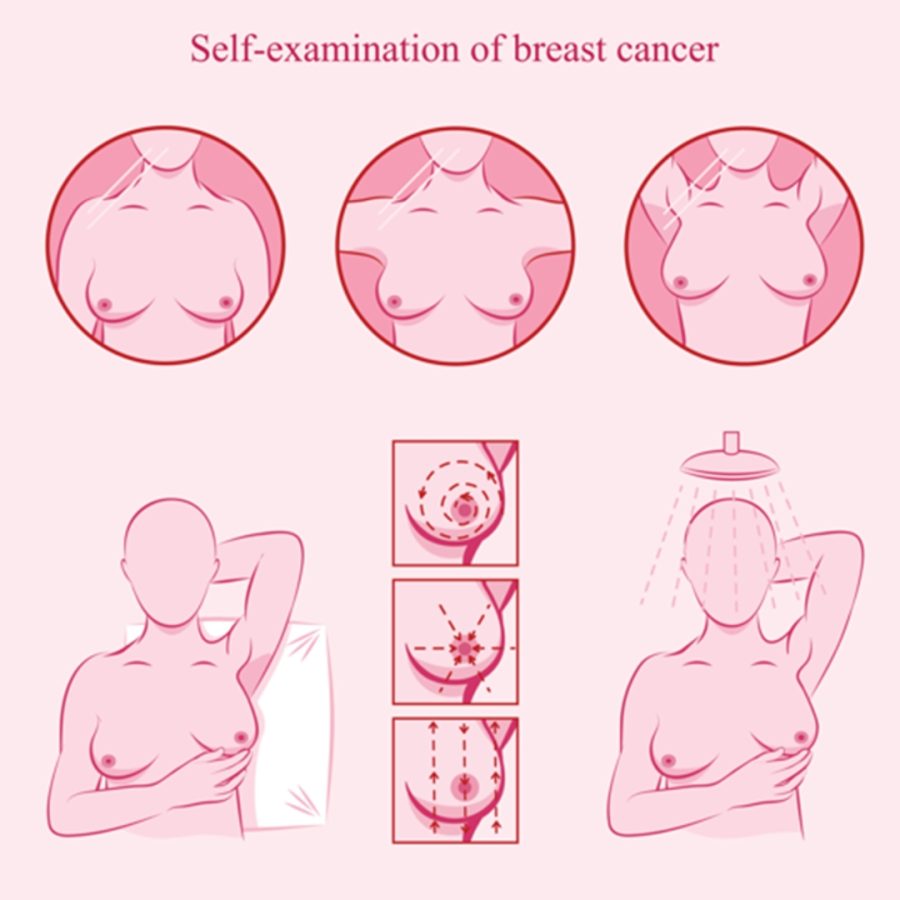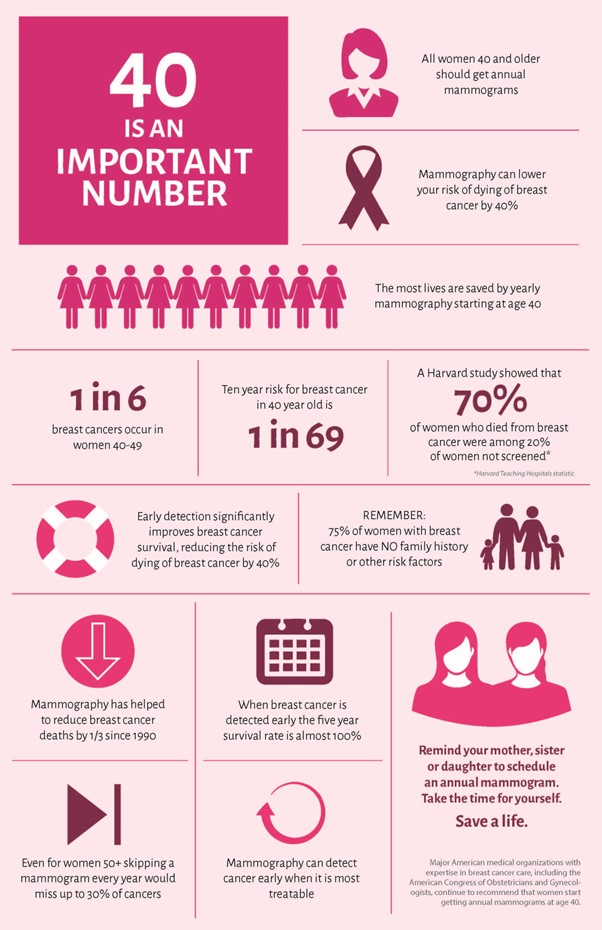Breast cancer, like many other cancers, is categorized into stages that help determine the severity of a patient’s condition and guide treatment options. The stages of breast cancer range from 0 to IV, based on factors such as the size of the tumor, its spread to nearby lymph nodes, and whether it has metastasized to other parts of the body. Understanding these stages is crucial for both patients and healthcare providers to make informed decisions about treatment and prognosis.
Breast Cancer Stage 0
Stage 0 represents a non-invasive stage of breast cancer, where abnormal cells are present but have not spread to nearby tissues, blood vessels, or healthy cells. This stage is often referred to as carcinoma in situ and includes two types: Ductal Carcinoma in Situ (DCIS) and Lobular Carcinoma in Situ (LCIS).
- DCIS: This occurs when cancer cells are found in the lining of the breast ducts (tubes that carry milk from the lobules to the nipple). Although non-invasive, DCIS can potentially develop into invasive cancer if left untreated. Surgical removal is typically recommended.
- LCIS: This is characterized by abnormal cells forming in the lobules (milk-producing glands) of the breast. Unlike DCIS, LCIS is not considered a true cancer but indicates a higher risk of developing breast cancer in the future. Close monitoring is usually advised.
Stage 0 is challenging to detect due to the lack of visible symptoms, making regular screening essential for early diagnosis.
Breast Cancer Stage 1
Stage I breast cancer is the earliest invasive stage, meaning the cancer cells have begun to spread to nearby breast tissue. This stage is divided into:
Early detection through regular screenings is crucial as this stage may also lack significant symptoms. Treatment typically involves surgery (lumpectomy or mastectomy) and may include radiation therapy, hormone therapy, and/or chemotherapy to reduce the risk of recurrence.

Breast Cancer Stage II
Stage II is an invasive breast cancer stage characterized by the spread of cancer cells to nearby lymph nodes or larger tumors within the breast.
Treatment for Stage II often involves surgery, including sentinel lymph node biopsy to check for cancer spread. Post-surgical treatments may include chemotherapy, hormone therapy, and radiation therapy to target any remaining cancer cells and prevent recurrence.
Breast Cancer Stage III
Stage III breast cancer, also known as locally advanced breast cancer, indicates a larger tumor or significant spread to nearby lymph nodes but not to distant organs.
This stage is divided into: Treatment for Stage III breast cancer often includes neoadjuvant chemotherapy to shrink the tumor before surgery, followed by surgery and additional systemic treatments such as chemotherapy, hormone therapy, and radiation therapy.
Breast Cancer Stage IV
Stage IV breast cancer is the most advanced stage, also known as metastatic breast cancer. At this stage, cancer has spread beyond the breast and nearby lymph nodes to other parts of the body, such as the lungs, liver, bones, or brain.
Treatment for Stage IV focuses on prolonging life and improving the quality of life rather than curative intent. This may involve systemic treatments like chemotherapy, hormone therapy, targeted therapy, and sometimes surgery or radiation to control symptoms and manage complications.
Treatment Approaches Based on Stages
The treatment strategy for breast cancer depends significantly on the stage of the disease:
- Stages 0 to III: The goal is curative, aiming to eliminate the cancer. Treatments typically include surgery (lumpectomy or mastectomy), radiation therapy, and systemic treatments like chemotherapy, hormone therapy, and targeted therapy based on the specific characteristics of the tumor (ER, PR, HER-2/neu status).
- Stage IV: The focus shifts to managing the disease and improving the patient’s quality of life. Treatments are personalized to control symptoms, slow the progression of the disease, and maintain the best possible quality of life. Systemic treatments are predominant, with surgery and radiation used selectively.
Breast Cancer Screening –
Breast Cancer screening has been formalized in several developed nations of the world like the US, UK etc. India is yet to witness the adoption of population-based breast cancer screening in national guidelines.
Dr Swapnil emphasizes the importance of breast cancer screening. At the same time, he also lays emphasis on the need of breast self examination for every lady. He says that every lady beyond 20 years of age should be aware of her breast health. At-least once every month, she should examine her breasts , covering all the areas as shown in the figure below.

What’s new in treatment of breast cancer?
- Breast conservation surgery: Avoiding long term personal and social problems of mastectomy (complete breast removal)
- Reduced Axillary surgery: Sentinel lymph node biopsy using ICG
- Breast Oncoplasty: Cosmetic reconstruction after cancer surgery
- Lymphatic reconstruction after breast surgery using ICG
- Breast Implants and free flap reconstruction
With a team of dedicated oncologists, onco-plastic reconstructive surgeons and trained nursing staff, Dr. Swapnil Patel at Upkar Super Speciality Hospital & Cancer Institute, Varanasi, brings value addition in form of latest technological advancements to the breast cancer care in the city.
Understanding the stages of breast cancer is vital for effective diagnosis, treatment, and management of the disease. Regular screenings and awareness of the symptoms can lead to early detection, significantly improving treatment outcomes. Each stage presents unique challenges and requires a tailored approach to treatment, emphasizing the importance of personalized care plans. By staying informed and proactive, patients can navigate their breast cancer journey with greater confidence and hope.
About Dr. Swapnil Patel
Dr. Swapnil Patel is a distinguished surgical oncologist with an impressive academic and professional background. He earned his Master’s degree in General Surgery (MS) from AIIMS Delhi (2013-2015), where he was awarded a gold medal for his exceptional performance. Dr. Patel then pursued super-speciality training in cancer surgery at the prestigious Tata Memorial Centre, Mumbai (2016-2019), culminating in an MCh in Surgical Oncology.
Committed to academic and surgical excellence, Dr. Patel has been involved in treating more than 500 breast cancer patients over last 3 years in Varanasi. He has also taken lead in research activity centred on the care of breast cancer patients.
Right after completing his Masters in Surgery training from AIIMS Delhi, he got an opportunity to present his thesis / dissertation work in breast cancer at the European Breast Cancer Conference (EBCC) 2016 in Amsterdam, Netherlands.
He has also published research papers in reputed scientific journals of the world and he continues to pursue his research interests in breast cancer.
After eight years of specialized training, Dr. Patel returned to his hometown of Varanasi. There, he played a pivotal role in establishing the Department of Cancer Surgery at Tata Memorial Centre, Varanasi. He also introduced and advanced the field of minimally invasive cancer surgery and peritoneal surface oncology, performing complex procedures like CRS-HIPEC in Purvanchal at TMC Varanasi.
Dr. Patel served as an Associate Professor at Mahamana (TATA) Cancer Hospital, Varanasi before transitioning to the private sector, where he currently leads the Surgical Oncology program at Upkar Super-speciality Hospital and Cancer Institute.


